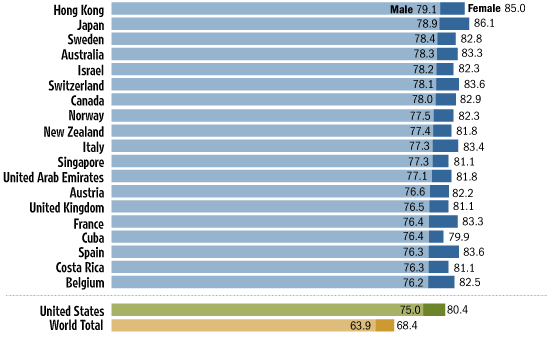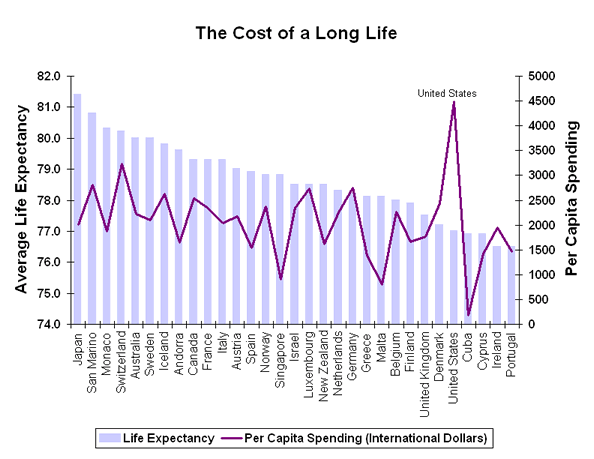theinitiativegroup
IG is a political action group and research body with the intent of assisting the current order draw to a close.
IG Health
Foreword
The NHS as a concept is much valued by the people of Britain. It is seen as a monument to the values and morality of our people. The world over, Britain’s concept of “free” health care is seen as a working model for other civilised people to adopt, It is a statement to the fact that we as a society care for one another, we British support those in need.
The political establishment capitalises fully on this notion of helping the poor. Morality is serious political kudos at home and abroad. Support for the NHS will not cost candidates many votes and will certainly gain them many. The NHS is commonly understood to help those who need it most for the benefit of society as a whole. Perpetuating such myths enables wealthy men to offer support to the needy and can certainly aid them getting elected.
Analysis
Here at IG we hold a rather different view of the NHS and consider it a fair candidate for substantial cuts. Our policies intend to break the present culture of mass health care consumption which sees people visit the doctor or hospital for the slightest ailment (here and here) resulting in wasted man hours, wrongly dispensed medicine and wasteful spending.
We ask the question; does NHS spending increase life expectancy, and simply put, is it worth it?
Here is a UN chart displaying the life expectancy of various nations
Source: United Nations Population Division, United Nations Population Fund
There seems to be little difference. With a range of 2.8 years, these vastly different nations have little between them in terms of life expectancy. let us take a closer look.
- UK 11/12 Health budget £104,000,000,000 = 15.2% of GDP
- USA 11/12 Health budget $882,000,000,000 = 23 % of GDP
- Japans health costs are around 8% of GDP
sources here, here, here and here
Needless to say the USA is a stark example of the lack of correlation between health spending and longevity.
Here the situation is displayed more clearly. Source; UC Atlas of Inequality
Conclusion
There is no positive relationship between health spending and health and all claims otherwise are not based on any factual evidence. Thus we cannot be challenged regarding spending cuts on the grounds of health concerns. The only legitimate argument is regarding that of employment and corporate profits.
So, where do we stand?
After confirming there is no positive link between government health spending and that off health. We at The Initiative Group suggest that it is the culture itself that causes the illness, that of drugs and surgery for all and for free, combined with poor nutrition has pushed Britain to the border of an unmanageable and unfundable health crisis.
Diet is the primary factor in health. Billions of pounds could be saved and greater levels of health achieved if even a fraction of the health budget were to be allocated properly.
The Initiative Groups Health policy
- The NHS cuts and cost saving measures include but are not limited to; redundancies and pay cuts.
- Mandatory NHS insurance will cover life threatening injury or illness only. Funding for this will be via direct taxation.
- There will be enhanced health cover available for those who wish to be treated via the state sector, though this will require a minimum 5 year agreement to avoid customer misuse and government loss. Funding via direct taxation or annual lump sum basis.
- A portion of health spending will be directed to promoting health amongst the people via TV and other advertising methods. School dinners will receive extra Xmillions so our young people receive improved nutrition.
If adopted, the above policies would benefit the average household to a sum in excess of £800 anually and save the country multiple billions per year.
IG is aware that such policies would initially result in a severe spike in unemployment as the NHS employs over 1,000,000 men and women. We do however anticipate unemployment to decrease steadily thereafter as the policy does not remove money from the economy and simply returns it to private hands, which in turn is then spent into the economy, resulting in an increase in market goods and services raising employment and business opportunities.
Contact: ilyar@theinitiativegroup.org



I suspect that you will find diet and lifestyle explaining the higher life expectancy and lower health spending (because people are healthier) in Japan.
You also ignore the fact that America’s high health spending doesn’t even cover the whole population. It would be better to show per patient spending, not per capita spending.
I have lived in the USA and the UK. I know how expensive private health insurance can be for employers or individuals. I know what it is like not having health insurance and praying that you don’t get sick. The NHS wins hands down.
You state that diet and lifestyle are the main contributors to health in Japan as if to suggest we are missing this point. When in reality it is mentioned clearly in our thesis and is in fact the central part of our Policy. Health is defined by diet and lifestyle NOT government health spending and the free dispensing of pharmaceutical drugs.
Our policy is based upon facts. The UK government wastes huge sums of taxpayer money with little or no return in health standards for our people. We then go on to suggest logical solutions based on evidence from other nations.
How do you feel the current UK National Insurance fits into this picture ?
National insurance accounts for almost 20% of tax revenue. The funds are spread across the entire budget and not all of the income from national insurance goes towards the NHS. However if it were there would still be a large annual shortfall as the NHS budget is around £120bn annually.
The fact is the UK has huge debts and cannot afford this level of spending. Large portions of tax revenue go directly to pay interest on the national debt. This figure is growing exponentially and currently stands at £46bn for 2012. Your money is being transferred directly to private (banks) and foreign lenders (china).
We want to stop this huge transfer of taxpayer’s wealth to foreign hands and insure the people have the benefits of working and living in Britain.